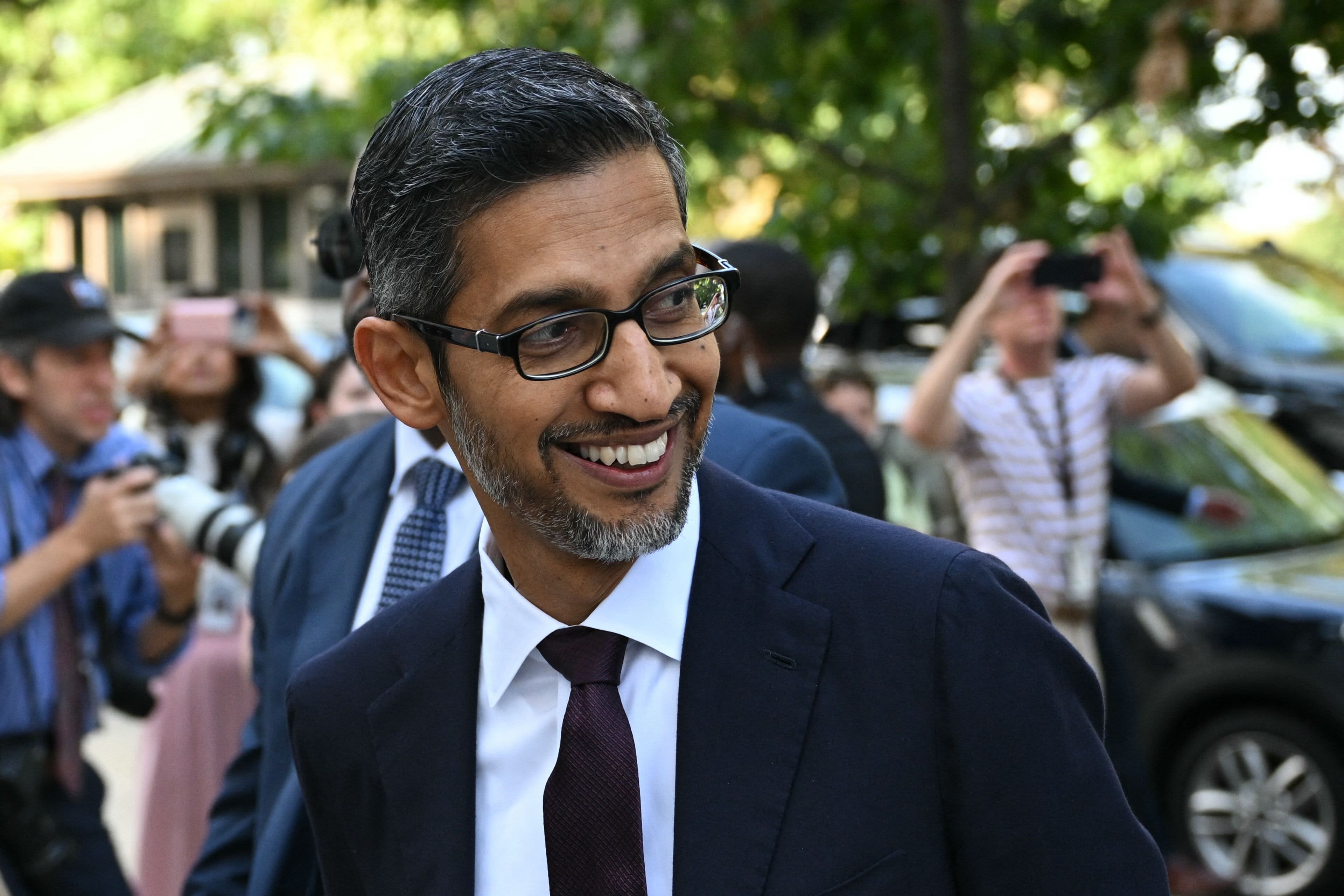During Microsoft’s earnings call, CEO Satya Nadella stated that AI is no longer just talked about but is being implemented widely, contributing to gaining new customers and boosting productivity across the tech stack. In the previous year, there was an increase in the use of generative AI, with companies competing to include advanced chatbots and assistants in their products. The potential in generative AI led to Nvidia’s significant earnings through its GPUs, which are used in large language models by various companies and startups aiming for a piece of the generative AI market as of 2024.
Executives are now explicitly presenting their strategies for continuous AI investment to investors. They are emphasizing two main areas of investment: AI models-as-a-service, which are large AI models that clients can customize, and AI “agents,” tools such as chatbots and coding assistants. There is a consensus among executives that AI is a practical reality and not just a theoretical concept or a plaything for research labs. Major areas for investment within large companies are AI initiatives and the cloud infrastructure necessary to support extensive workloads. This focus requires continual cost cuts in other areas, a trend that has been consistently observed in recent quarters.
Mark Zuckerberg, the CEO of Meta, highlighted the company’s ongoing AI efforts and cost reduction in a recent earnings call. He described 2023 as a year of efficiency, focusing on strengthening Meta as a technology company to support its ambitious vision for AI and the metaverse. Similarly, Microsoft’s Nadella assured investors of the company’s commitment to scaling AI investment and cloud efforts, even if it involves scrutinizing expenses in other departments. Microsoft’s CFO, Amy Hood, stressed the company’s dedication to investing in AI as a crucial factor shaping the coming decade, without substantially increasing the workforce.
At Alphabet, CEO Sundar Pichai emphasized the company’s focus and discipline in expanding AI for various products such as Search, YouTube, and Google Cloud. He stated that investing in infrastructure, particularly data centers, is crucial for realizing their significant AI ambitions. This has led to the company reallocating resources to prioritize key projects within Google Cloud by trimming expenses, moderating hiring, improving technical infrastructure, and streamlining processes using AI across Alphabet. Ruth Porat, Alphabet’s finance chief, confirmed the company’s heavy investment in AI and the long-term potential it offers within various systems.
Amazon’s CEO Andy Jassy expects generative AI to drive substantial revenue in the coming years for the company. Amazon is intensifying its investment in LLMs, other generative AI projects, and the essential infrastructure, along with emphasizing its AI chip efforts. Apple’s CEO Tim Cook also highlighted generative AI as a significant focus for the company and hinted at an upcoming announcement regarding ongoing work in that area.
Investors are not only interested in seeing AI investments but also in understanding how companies are generating revenue from them. Jassy explained that enterprise clients are seeking customizable models, emphasizing the importance of choice and experimentation with various models for different applications. Similarly, Nadella highlighted Microsoft Azure’s primary offering as a “model as a service,” providing customers access to a range of large and small language models.
Alphabet executives showcased Vertex AI, a Google product offering over 130 generative AI models for use by developers and enterprise clients. Tech executives also recognized the importance of AI agents, AI-powered productivity tools currently limited to tasks like summarization, to-do lists, and coding assistance. These tools have the potential to evolve into productivity enhancers and change the nature of knowledge work and frontline tasks.
Amazon introduced Rufus, a generative AI-powered shopping assistant, and Meta is aiming to build advanced AI products and services to assist users. Additionally, Google is working on Duet AI, which aims to enhance productivity and perform simple tasks for users. These developments indicate a widespread commitment among tech companies to invest in AI to drive future growth and innovation.














